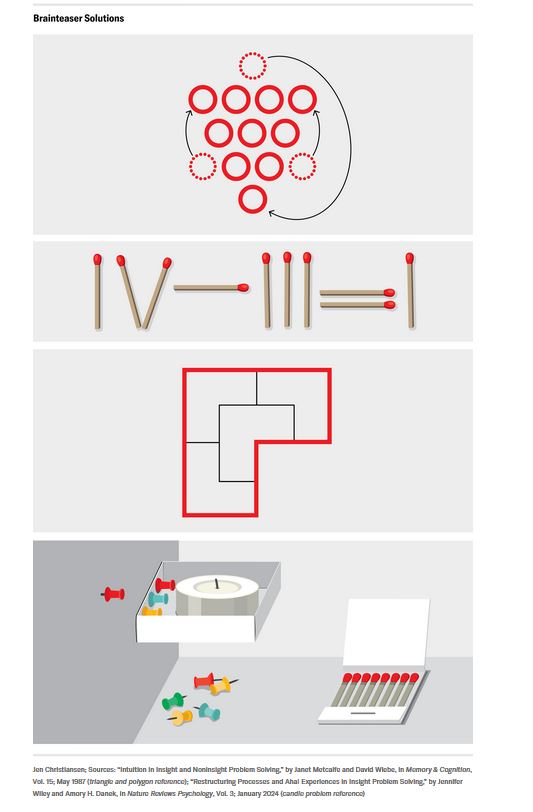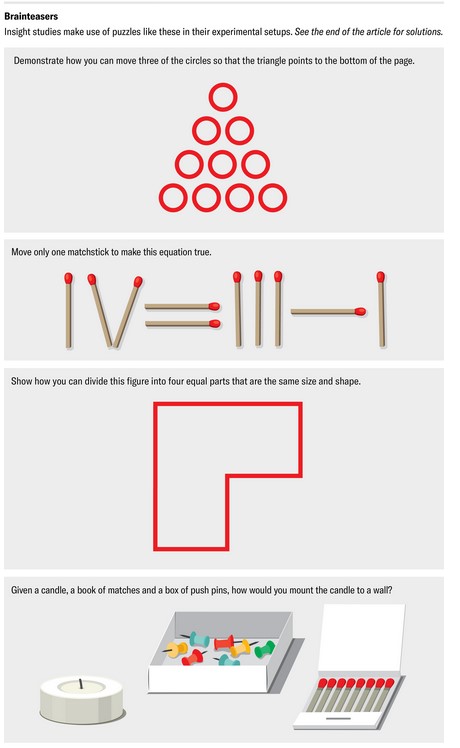Recent posts were about finding a happy place to live. There is no question that the US is, generally, an unhappy place to live. The economic pressures putt on the citizenry are unheard of and the President already is making financial stability a disappearing phenomenon for everyone. Still, Donald doesn’t (yet) own small happy places or one’s personal memories.
Seriously, everyone must survive each day with at least a little satisfaction that life is worth living. Often, we must force ourselves to insert satisfaction into our daily life. His daughter has a supper routine where everyone around the table must identify a rose, then identify a thorn. A rose expresses the high point of the day, a fun moment, an accomplishment, or an interpersonal action. The thorn represents the opposite: a low point in the day, a frustration or failure. Even their 4-year-old must participate. Besides the benefit of sharing with one another, the exercise makes one focus on what good events feel like as well as preventing bad memories from being the only memories.
It is possible to deliberately set up a discharge of bad feelings by performing a deliberate action for that purpose. For example, play with children – the more active, the better; get outside with them and romp meaninglessly while the good vibes rise to the surface. The same can be applied with loved pets; take a walk, go to the ice cream parlor for a shared treat or toss a stuffed toy or ball. Cats like to cuddle and play hunting games with a toy or treat. Or use Zen practices designed for the same purpose – go deep and let go. Go somewhere where you have good vibes.
The challenge is to get outside the negativity that has been forced on you. The old saw about two sides make up one coin is true. If negative feelings are dominating, turn the coin over – there’s a whole new fun world there. The ability to turn the coin over at will is made difficult today by industrial distractions. One will not achieve happiness scrolling a smart phone or a television set. If one is truthful, these devices are a sedative – a lot like oxycodone and not a cure.
Discovering positivity requires physical action, change of routine and a focus free of typical responsibilities. A smart phone is not the same as walking in the woods – well maybe it can be pretended as such but that’s the difficulty in taking happiness advice from a circuit board. Go personal! Use that body of yours for fun!
Ancient Mariner


